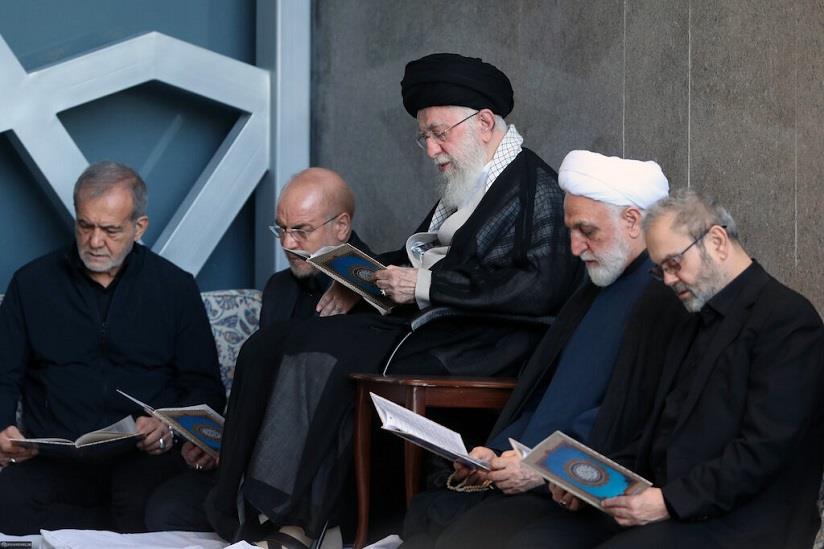
Iran Slams Media For Spreading Israel-Linked Fake News
In a sharply worded statement issued Monday, the Embassy of the Islamic Republic of Iran in India criticised sections of the Indian media - including prominent outlets - for amplifying unverified social media content that it said insulted Iran's leadership and misled the public.
The Embassy was responding to recent stories in Indian news publications that claimed Iran's spiritual leader was“spending his days sleeping and using drugs.” These reports appear to have drawn content from a social media account allegedly connected to Israel's intelligence agency Mossad - a source the Iranian government dismissed as propaganda-driven and unreliable.
“Such irresponsible reporting not only undermines public confidence but also severely damages the professional reputation of these media institutions among their audiences,” the statement said.
While affirming its respect for press freedom and the right to information, the Embassy urged Indian journalists to rely on credible and impartial sources. It warned that repeating sensationalist narratives from dubious foreign-linked social media accounts risked dragging Indian media into geopolitical information warfare.
Read Also From Shadows to Stage: Khamenei Returns After Leading War Iranian Clergy's New Fatwa: Threats to Supreme Leader Constitute 'Moharebeh'The statement also reaffirmed the role of Iran's Supreme Leader not only as the spiritual and political head of the country but also as the Commander-in-Chief of the Armed Forces. Referring to a recent military confrontation - described by Iran as a“twelve-day imposed war” with the Zionist regime - the Embassy said Ayatollah Khamenei played an active leadership role in guiding military operations, ultimately leading to what it termed a“decisive act of self-defence and victory.”
In its concluding remarks, the Embassy appealed to Indian journalists to resist being drawn into external propaganda and instead help“strengthen the historical ties of friendship and mutual respect between the peoples of two great civilizational-states.”
This episode has sparked debate about media ethics, source verification, and the growing weaponisation of disinformation in the digital age. Several media watchdogs have also urged greater scrutiny of intelligence-linked social media handles that seek to influence public discourse through unverifiable claims.

Legal Disclaimer:
MENAFN provides the
information “as is” without warranty of any kind. We do not accept
any responsibility or liability for the accuracy, content, images,
videos, licenses, completeness, legality, or reliability of the information
contained in this article. If you have any complaints or copyright
issues related to this article, kindly contact the provider above.

















Comments
No comment